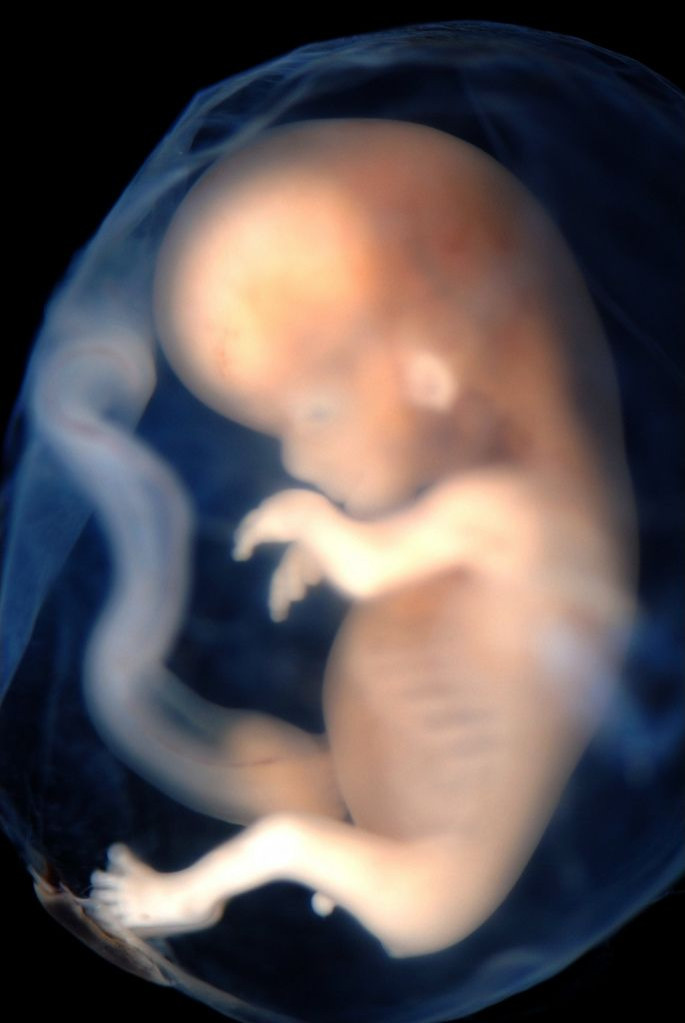Unborn Baby's Fingernail Almost Kills Mother During Delivery

A 32-year-old mother was almost killed by her unborn child's fingernail.
After delivering five-week premature twins, Angela Cottam almost died after what doctors suspect was a fingernail or hair from one of the twins passed into her bloodstream while she was giving birth, according to Australian NEWS.com.au.
The extremely rare condition, estimated to happen only once in 80,000 births, caused Cottam to suffer severe internal bleeding and her lungs to collapse.
She had lost seven pints of blood, needed 22 transfusions and spent 12 hours in coma when doctors told her family that she might not survive.
"I feel so lucky to be here and really blessed that both the girls are with us because it could have been so different," Cottam said, according to NEWS.com.au.
"There are moments when I've been on my own and I've had a little cry and thought 'What if?' But I try not to dwell on that and just thank my lucky stars the doctors and midwives on duty that day recognized what was happening," she said.
The elementary school teacher said knowing that she almost died changed her perspective on life.
"I'm more laid back and I am enjoying being a mom more than ever because I know we were so close to losing so much," she added.
The mother, who also has a four-year-old daughter Olivia, had been rushed to the Countess of Chester Hospital suffering from pre-eclampsia, a potentially deadly condition that causes high blood pressure and swelling in pregnancy.
Doctors had decided that the twins needed to deliver before Cottam's condition worsened. Doctors had induced Cottam's labor, and while the labor was progressing normally in the beginning, a midwife became concerned after Cottam started coughing and having difficulty breathing.
Doctors realized that Cottam's lungs were collapsing because she was suffering from amniotic fluid embolism, a rare condition where fluid from the sac surrounding the infant seeps into the mother's bloodstream through blood vessels in the womb.
Doctors believe that a fingernail or piece of hair from the unborn children might have traveled to Cottam's lungs, triggering a severe allergic reaction.
Doctors had immediately started giving Cottam oxygen and rushed her to the operation room for a cesarean section to try to save her unborn twins.
After successfully delivering the twin girls, doctors realized that Cottam was hemorrhaging and that her blood had lost the ability to clot. Doctors then gave her 22 blood transfusions and managed to stabilize her three hours later.
Cottam, who was in a coma, had been taken to the intensive care unit and put on life-support. Doctors had told Cottam's husband that she could be in a coma for days or even weeks.
However, Cottam rose from her coma 12 hours later and was able to go home the following week.
"Amniotic fluid embolism is a unique, catastrophic condition," Dr. Usha Rao, the consultant obstetrician who treated the mother of three, told NEWS.com.au.
"Although we know it is more likely to occur in twin pregnancies or women who have their labor induced, they are not the direct cause. It is unpredictable, unpreventable and very rare," Rao said.
Published by Medicaldaily.com



























